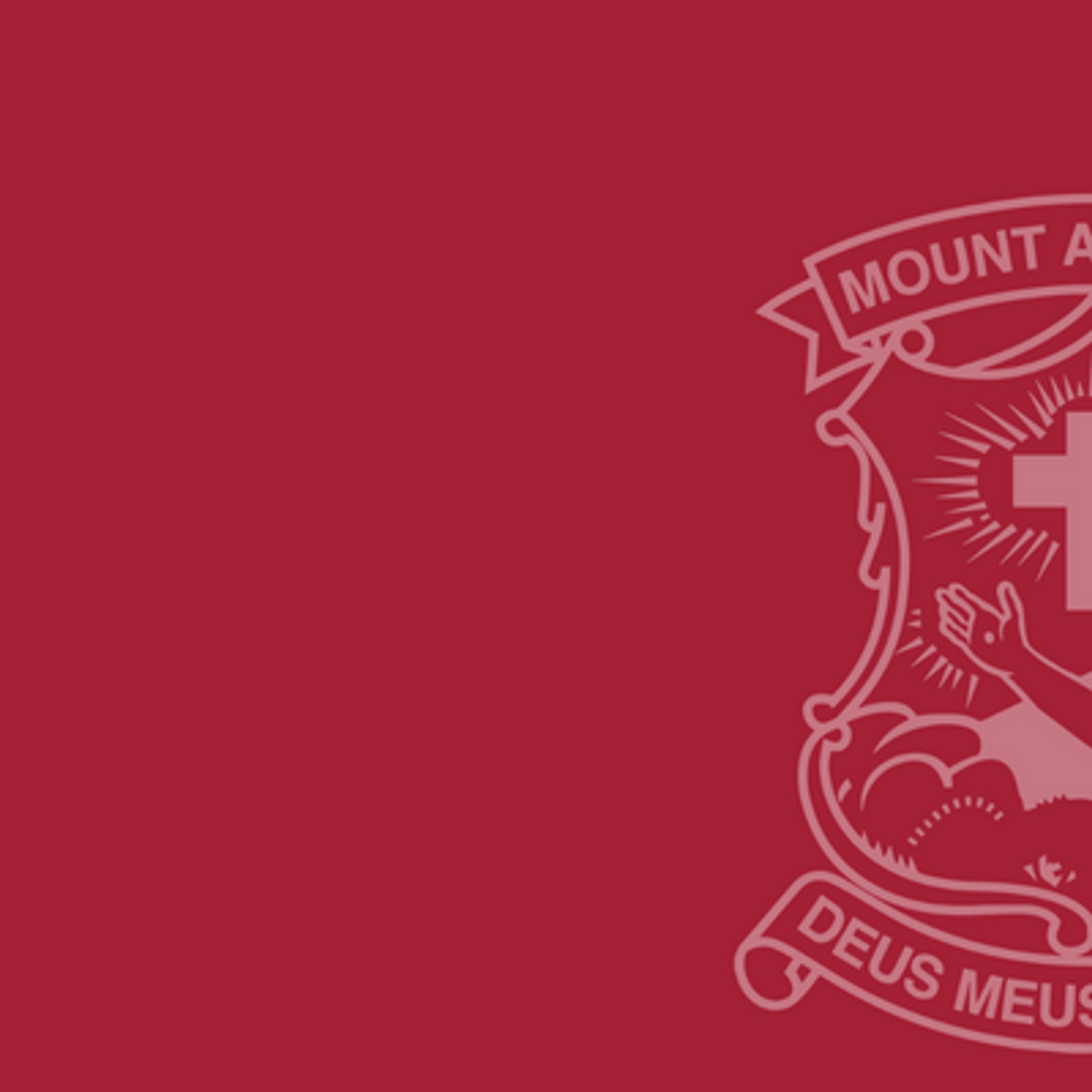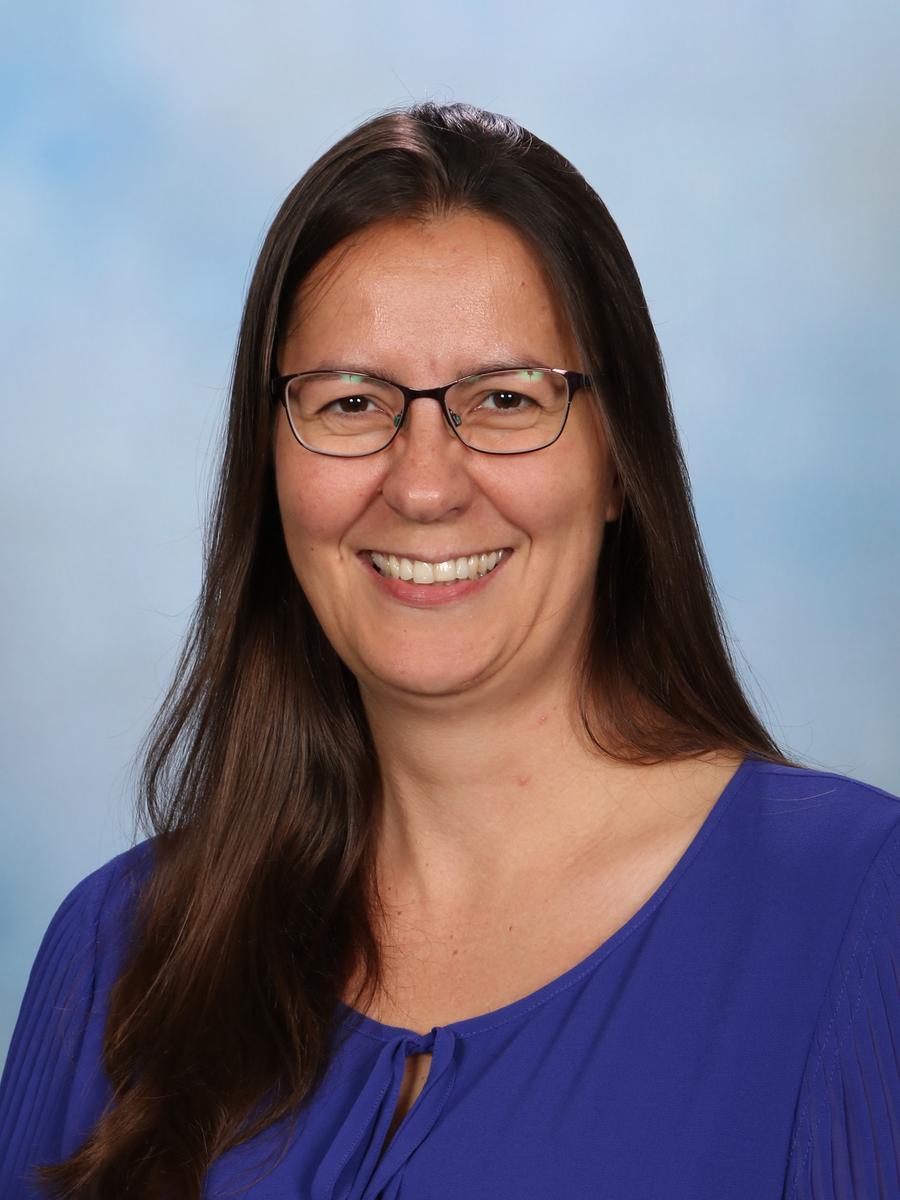Mathematics in the real world
Head of Faculty - Mathematics

Mathematics in the real world
Head of Faculty - Mathematics


We all encounter Mathematics on a day-to-day basis, whether we are aware of it or not. You as parents are in a prime position to be advocates for a positive mindset and numerate savvy students. The best way to encourage a positive attitude towards mathematics is to have a partnership between home and school.
Mathematics is part of everyday life and every one of us use numeracy skills every day, for example estimating how much time it will take to get to a destination, calculating the cost of groceries at the store or understanding a sports score. Other examples of everyday mathematics include telling time, counting money, making change, weighing items at the store, calculating discounts, determining the area of a room or measuring ingredients for a recipe.
Mathematics is also the basis of all STEM subjects and integral to many fields such as engineering, finance, economics, and computer science. Mathematics is used to solve problems and to make informed decisions. It is used to develop solutions to real-world problems, such as how to design a building, optimize a supply chain, or predict the weather. It is also used to understand and analyse data and to create models and simulations to understand complex systems.
All year 11 students are currently completing their problem-solving and modelling task in Mathematics to gain practice in applying their mathematical skills to problems in the real world and to allow them a glimpse into how they might use Mathematics in the future relevant to their lives and careers.
Our Essential Mathematics students are planning a road trip; students in General Mathematics are investigating how inflation will affect the house prices in Brisbane in the next decades to predict purchase prices when they may want to buy a house themselves; Mathematical Methods students are designing stained glass windows for the Carceri using function theory and Specialist Mathematics students are modelling the flight path of an airplane from Brisbane to Melbourne.
Students in Year 7 to 10 will experience a problem-solving and modelling task later in the year and the Mathematics department will strive to engage students with topics they will find relevant, meaningful and enjoyable.
As a parent you are the most powerful ally in assisting your child with making their education in Mathematics meaningful and purposeful. Engaging your child in conversations about the decision making processes for your family will allow students to relate their learning to real world contexts. During the next shopping trip, you might explain credit card purchases and interest payments that may occur with it or you might ask your child to estimate how long you can drive before the petrol runs out.